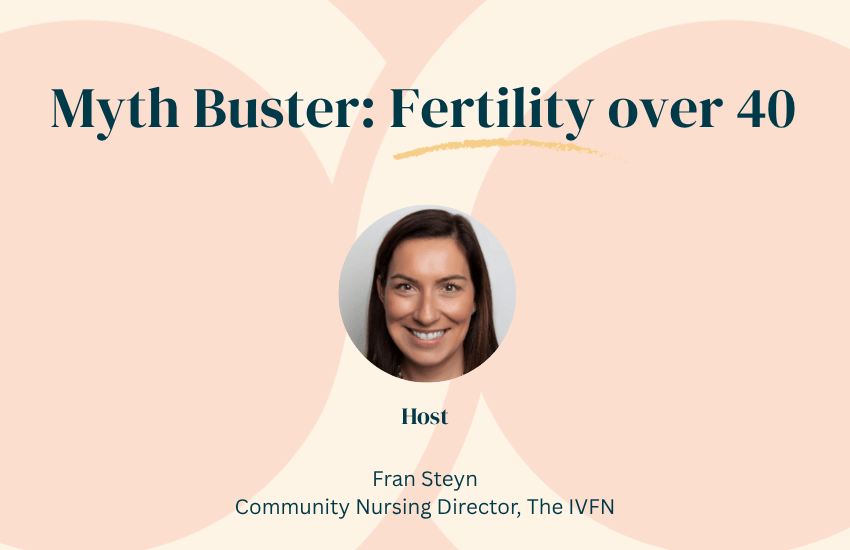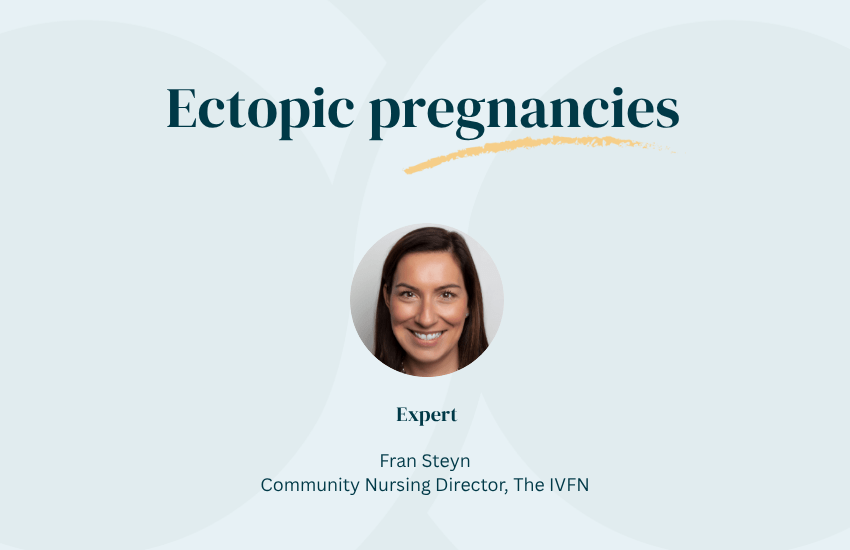How Much Does IVF Cost?

Login to continue reading
This content is for members only, to read the full article log in to your account.
Forgotten your password? Reset your password here.
Join us today
If you don’t have a membership yet, visit our Join us page.
Would you like your employer to pay for this?
For an obligation free chat to discuss how employer membership to The IFVN would work for your business, please contact us using this enquiry form.
Further reading
-
Wellbeing Vitamin D, Sunshine & Hormones: Fertility in the Darker Months

-
Previous event Safe Space – Myth Buster: Fertility Over 40

-
Female The Two-Week Wait: What’s Happening During This Time

-
Previous event Ask the Expert – Ectopic Pregnancies

-
Female Alcohol and Fertility: What You Need to Know

-
Female Perimenopause and Fertility Treatment: What you need to know

-
Female Understanding Miscarriage: What it means for your fertility journey




